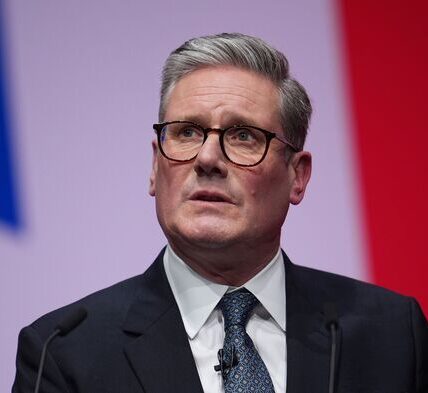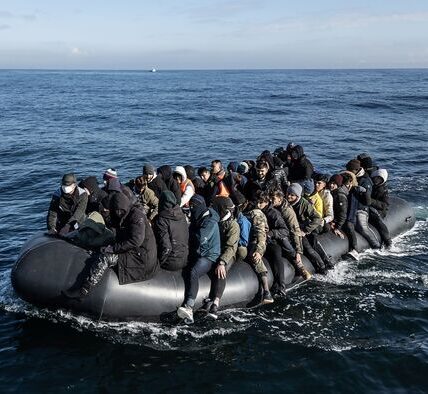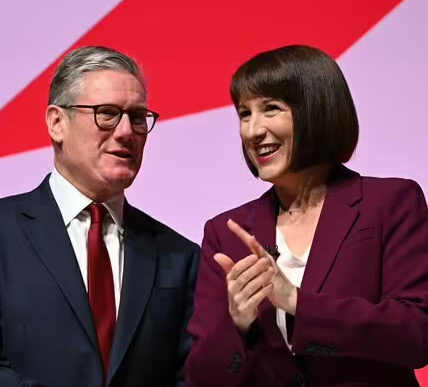Calls have been growing for major changes after a series of scandals

Hundreds of thousands of people fewer are paying the BBC licence fee (Image: Getty)
A staggering 300,000 additional households have ceased paying the licence fee, prompting the BBC to examine a complete overhaul of the payment system to safeguard the corporation’s long-term future.
The broadcaster’s annual report this week has disclosed that 23.8 million licences remained active by year’s end, representing a decline from 24.1 million in 2023-24, as it continues grappling with the surge of YouTube and streaming platforms fragmenting audiences.
This reduction translates to approximately £50 million in lost revenue for the corporation.
The timing coincides with governmental and BBC leadership discussions regarding the broadcaster’s future and financing arrangements as part of charter renewal proceedings. Representatives from both parties have floated potential modifications to the licence fee structure.
Nevertheless, senior BBC figures have drawn firm boundaries around any transition towards subscription or advertising-driven models employed by rival streaming services.
The rapid transformation within the media landscape has prompted BBC chair Samir Shah to describe the current period as “a moment of real jeopardy for the sector” in the report.
He declared: “The fight is on, and it is vital we now think very carefully about the kind of media environment we want for the UK,” whilst pursuing “the best future funding model for the BBC“.
The TV Licence has been a mainstay for many UK households since its introduction in 1946. At that time, the BBC was the sole broadcaster in the country and the licence cost a mere £2 – equivalent to roughly £105 today.
Despite the significant changes in how we consume television, with the advent of numerous channels, streaming and on-demand services, this annual bill remains a requirement.
A standard UK TV Licence currently costs £174.50 per year. Even if you don’t tune into BBC channels, many households will still need a licence, as it is necessary to watch or record programmes as they’re being broadcast live on any TV channel.
It is also required to watch programmes live on any online TV service – such as Channel 4, YouTube, or Amazon Prime Video.
Shah continued: “I have already set out some views on this and the board will be saying more over the coming months,” emphasising: “But all of us are clear that we want to make sure we protect the BBC as a universal service and help it not just to survive, but thrive, for a generation and more.”
The BBC‘s licence fee income edged up slightly year on year, reaching £3.8bn in 2024-25, with the modest increase attributed to the 6.7% inflationary rise in the fee to £169.50 a year.The report stated: “The current collection method remains fair, effective, and good value for money,” and added, “As we approach the end of the charter, we will proactively research how we might reform the licence fee to secure the benefits of a well-resourced, universal BBC of scale for the long term.”
The BBC annual report also revealed that Gary Lineker was the highest-paid BBC star last year before his departure from the corporation in May, earning around £1.3m. Zoe Ball followed as the next highest earner, with just over £500,000 last year.
After various scandals, including the exit of the disgraced presenter Huw Edwards, Shah commented on the improvements within the BBC: “Our staff are dedicated, hard-working and treat each other with respect,” but acknowledged, “However, there are pockets in the organisation where this is not the case. There are still places where powerful individuals – on and off-screen – can abuse that power to make life for their colleagues unbearable.”
In light of the Guardian’s revelations about the BBC‘s potential major outsourcing project involving big tech assistance, Tim Davie, the Director-General, emphasised the need for ongoing reforms, stating that his plans would “require the BBC to continue to deliver reform, and to accelerate the rapid organisational transformation that has been under way in recent years”.
The BBC has been making strides in recent years, utilising AI to enhance the value it offers to audiences. This includes adding subtitles to programmes on BBC Sounds, translating content into various languages on BBC News, and creating live text pages for football matches.
Despite the rapidly evolving audience behaviours and the pressures of a fiercely competitive global media market, the BBC has managed to maintain its near-universal reach.
In an effort to bolster its finances, the BBC‘s commercial arm reported record revenue of £2.16bn, largely driven by the growth of BritBox, a service that allows international customers to access BBC content. The licensing of the Bluey brand also proved to be a lucrative venture.
Even as younger audiences shift away from traditional TV, the BBC contends that it is performing strongly among this demographic compared to other conventional channels. Among under-16s, it ranks second only to YouTube in terms of most-used UK media, matching Netflix and surpassing Disney.
For the 16- to 34 year old bracket, it trails only behind YouTube and slightly ahead of Facebook and Instagram.
People who don’t have to pay licence
If you’re aged 75 or over
The Government website clarifies that you can obtain a free TV Licence if you’re 75 or older and you either:
- Receive Pension Credit
- Reside with your partner who receives Pension Credit
You can apply when you’re 74 if you already receive Pension Credit. You’ll still need to pay for your licence until the end of the month before your 75th birthday. After that, your free licence will cover you.
You can apply for a free licence online via tvlicensing.co.uk/cs/pay-for-your-tv-licence/index.app. Alternatively, you can apply by phone at 0300 790 6071.
If you live in a care home or sheltered accommodation
If you reside in a residential care home, supported housing or sheltered accommodation, you may be eligible for a TV Licence discount. A TV Licence can be obtained for £7.50 if you meet these living conditions
To qualify, you must also be either:
- Retired and over 60
- Disabled
- Your housing manager can verify your eligibility and apply on your behalf
If you’re blind
If you’re registered as blind or severely sight impaired, or live with someone who is, you can receive a 50 per cent discount. The licence must be in the name of the blind person – if it’s not, a new application can be made to transfer it into their name.
When applying, you’ll need to provide your existing TV Licence number. Applications can be made online here.



